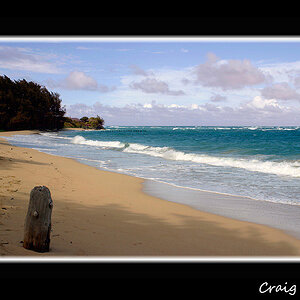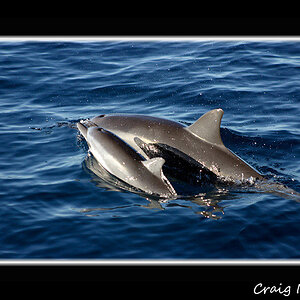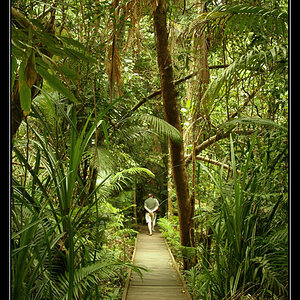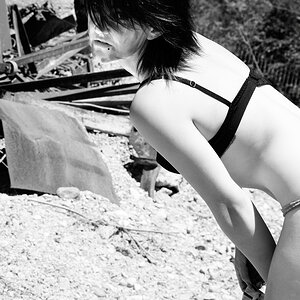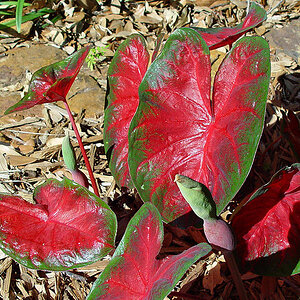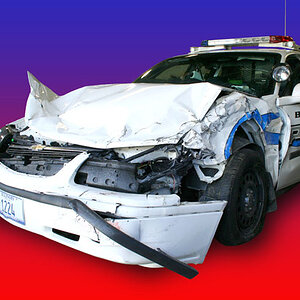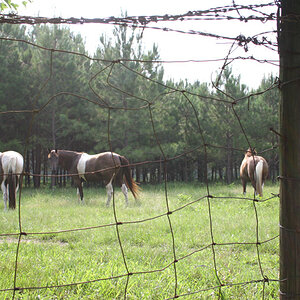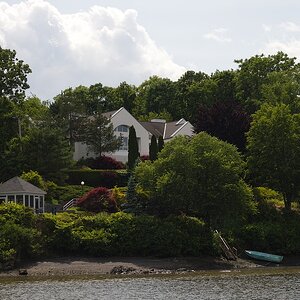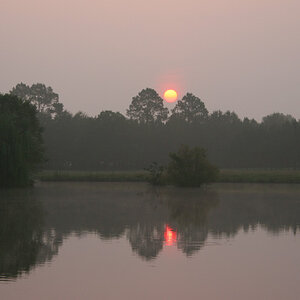meme84
TPF Noob!
- Joined
- Jul 9, 2009
- Messages
- 5
- Reaction score
- 0
- Can others edit my Photos
- Photos OK to edit
ok so i really know nothing and i am hoping that you guys can help me out. ok here are just some simple things i need to understand
one -when i shoot in nat light do i have to use a flsh and why or why not
two- how do i tell if i am under or over exposing
three- do i need a difusser or refector to shoot beach photography
four-what lens should i get for a canon 30d to use only in nat light and that has great background bluring .
five-how do you get perfect lighting?
sorry i know this is not a perfect post and the wording might be really off pls forgive me .
one -when i shoot in nat light do i have to use a flsh and why or why not
two- how do i tell if i am under or over exposing
three- do i need a difusser or refector to shoot beach photography
four-what lens should i get for a canon 30d to use only in nat light and that has great background bluring .
five-how do you get perfect lighting?
sorry i know this is not a perfect post and the wording might be really off pls forgive me .


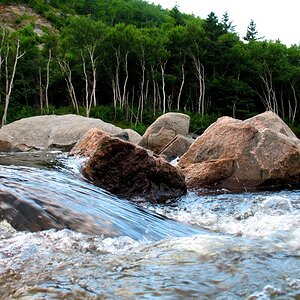
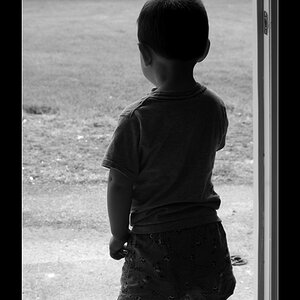
![[No title]](/data/xfmg/thumbnail/31/31011-439c1242fe08cf6b54f32bf06523a567.jpg?1619734567)
